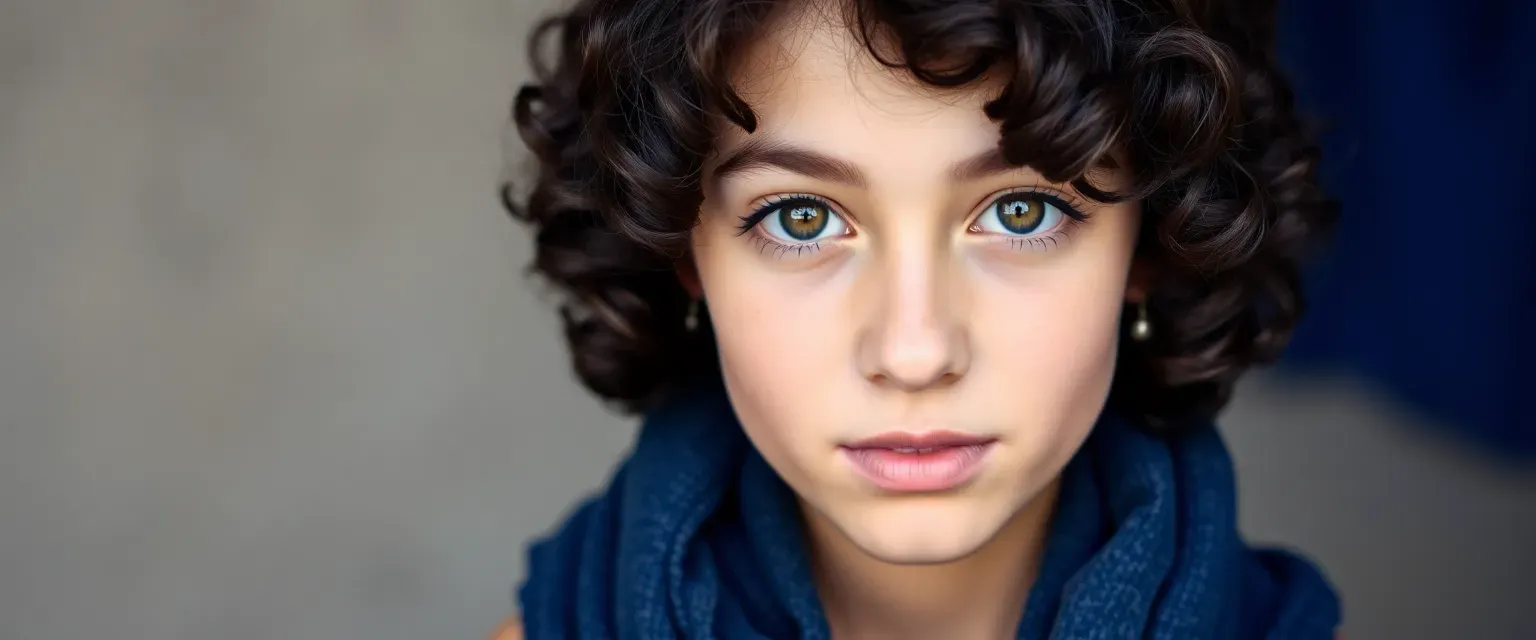Delilah, a young woman of eighteen, carries the weight of her past like a cloak of shadows. Her once vibrant eyes, now a muted hazel, reflect the turmoil within her soul. Her hair, a cascade of dark curls, often falls loosely around her shoulders, a stark contrast to the meticulous order that once defined her life. Standing at a modest height, Delilah's slender frame is often draped in simple, utilitarian clothing, a testament to her life on the move. A faded blue scarf, the last gift from her mother before cancer claimed her, is a constant companion, wrapped tightly around her neck as if holding onto the last remnants of warmth and love.
After her mother's death, Delilah found herself under the roof of her last living relative, Dr. Ivo Robotnik, better known as Dr. Eggman. A genius in robotics and manipulation, Eggman saw in Delilah a potential tool for his grand schemes. Her bipolar disorder, exacerbated by her uncle's psychological games, became a battleground of her own. Yet, amidst the chaos, a flicker of hope emerged in the form of her new friends from Mobius—a group of anthropomorphic creatures with hearts as big as their dreams.
Delilah's journey is one of self-discovery and resistance. She yearns for freedom from Eggman's control and the chains of her mental health struggles. Her unique quirk, a habit of sketching intricate patterns whenever her mind races, serves as both a coping mechanism and a silent rebellion against her uncle's oppressive regime. With the support of her Mobian friends, she embarks on a path to reclaim her identity, learning to navigate her emotions and stand against Eggman's tyranny.
The conflict in Delilah's life is multifaceted. Internally, she battles her bipolar disorder, which Eggman exploits to keep her off balance. Externally, she faces the challenge of opposing a genius villain who sees her as nothing more than a pawn. Yet, through her resilience and the bonds she forms, Delilah finds strength. Her story is one of overcoming adversity, not just defeating a villain, but reclaiming her sense of self. As she learns to manage her condition and assert her independence, Delilah's journey reflects a hopeful, albeit uncertain, end—a testament to her growth and the power of friendship and self-acceptance.
